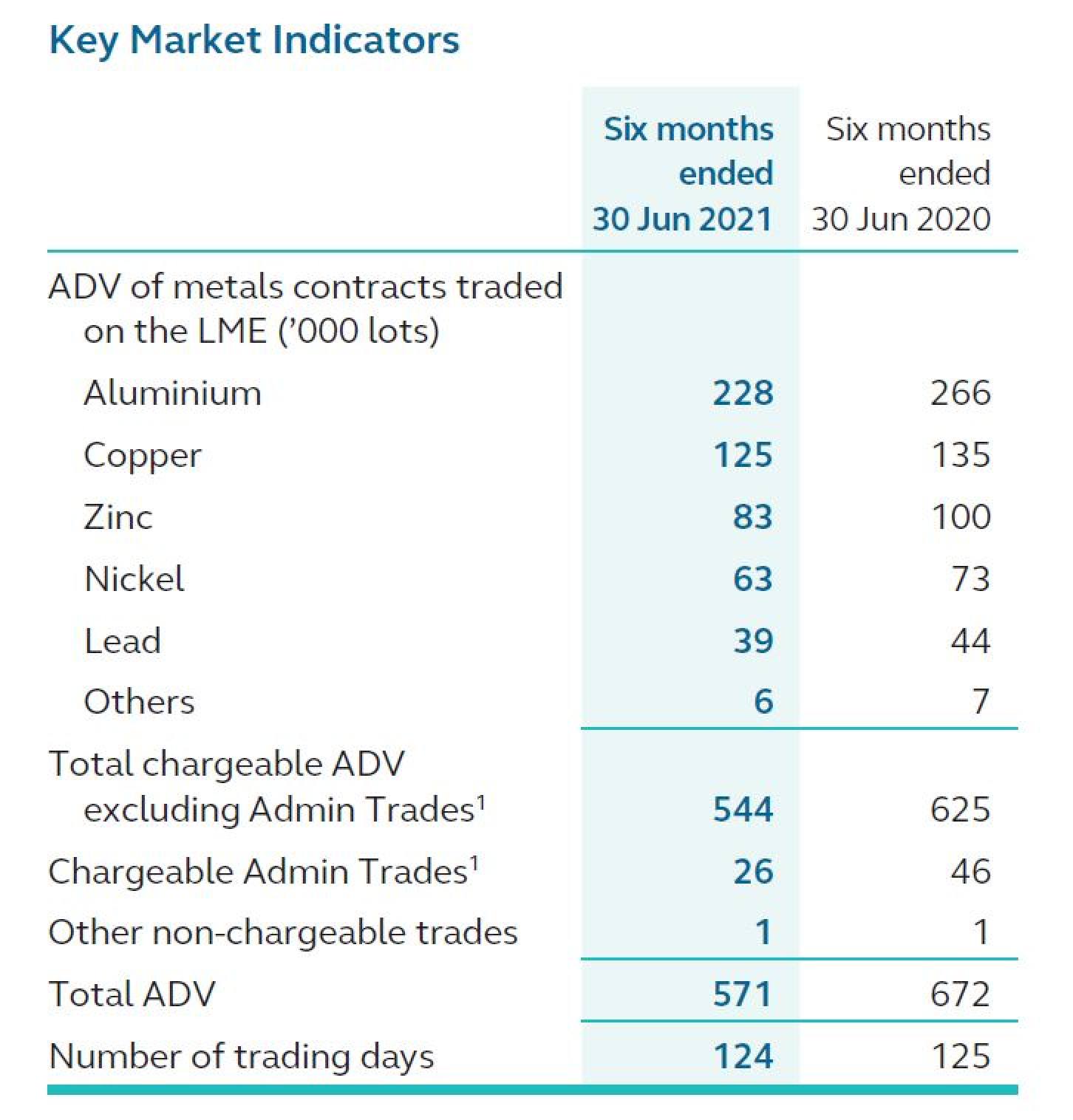
LME suspends nickel trading after prices surge more than 110 per cent to over US$100,000 a ton
- The massive short squeeze in nickel has embroiled a unit of China Construction Bank and Tsingshan Holding Group, the world’s largest producer of the metal
- CCB International Holdings has been given additional time by the LME to pay hundreds of millions of dollars of margin calls it missed on Monday
Nickel, used in stainless steel and electric-vehicle batteries, surged as much as 111 per cent during the Asian day on Tuesday to trade briefly above US$100,000 a ton. The frenzied move – the largest-ever on the LME – came as investors and industrial users who had sold the metal scrambled to buy the contracts back after prices initially rallied on concerns about supplies from Russia, while brokers rushed to collect margin payments to cover their deeply unprofitable positions.
In recent days, Tsingshan has been under growing pressure from its brokers to meet margin calls on that position – a market dynamic which has helped to drive prices ever higher.

A unit of China Construction Bank, which is one of Tsingshan’s brokers, was given additional time by the LME to pay hundreds of millions of dollars of margin calls it missed on Monday. CCB International Holdings did not immediately respond to requests for comment, while Tsingshan representatives had no immediate comment on Tuesday.
Nickel had pared some gains to trade 66 per cent higher at US$80,000 a ton before the suspension. Other metals on the LME declined after the announcement.
The LME is owned by Hong Kong Exchanges and Clearing, which it acquired in 2012 for £1.4 billion (US$1.8 billion).
The debacle will raise memories of the LME’s darkest period, the “Tin Crisis” of 1985, which saw the exchange suspend tin trading for four years and pushed many brokers out of business. That was driven by the collapse of the International Tin Council, a body backed by 22 governments when it could no longer keep propping up the tin price.
A full default could have calamitous knock-on effects for the exchange, its members, and industrial users around the world who rely on its benchmark prices. The last time the bourse’s clearing house declared a default was in 2011, when ring-dealing member MF Global collapsed.
The LME initially announced rule changes late on Monday in response to a daily spike of as much of 90 per cent, allowing traders to defer delivery obligations on all its main contracts, including nickel – in an unusual shift for a 145-year-old institution that touts itself as the “market of last resort” for metals.

However, the move failed to address the key driver behind the squeeze – that market participants with short positions were being forced to close them out because they could not meet margin calls.
Nickel was already rallying on tight supplies even before Russia’s invasion of Ukraine, which has sharpened fears of sweeping commodity shortages. Higher nickel prices, if sustained, threaten to ratchet up costs for electric-vehicle batteries and complicate the energy transition. Russia produces 17 per cent of the world’s top-grade nickel.
The suspension is for at least the remainder of Tuesday. The LME said it would calculate margin calls “for the present time” on the basis of Monday’s closing price of around US$48,000. It said it was considering whether to adjust or cancel trades that were made between Monday’s close and the suspension, when prices shot as high as US$101,365 a ton.

